This American Life

Each week we choose a theme. Then anything can happen. This American Life is true stories that unfold like little movies for radio. Personal stories with funny moments, big feelings, and surprising plot twists. Newsy stories that try to capture what it’s like to be alive right now. It’s the most popular weekly podcast in the world, and winner of the first ever Pulitzer Prize for a radio show or podcast. Hosted by Ira Glass and produced in collaboration with WBEZ Chicago.
Website : https://www.thisamericanlife.org/podcast/rss.xml
IPFS Feed : https://ipfspodcasting.net/RSS/241/ThisAmericanLife.xml
Last Episode : September 14, 2025 10:00pm
Last Scanned : 32 minutes ago

Episodes
Episodes currently hosted on IPFS.
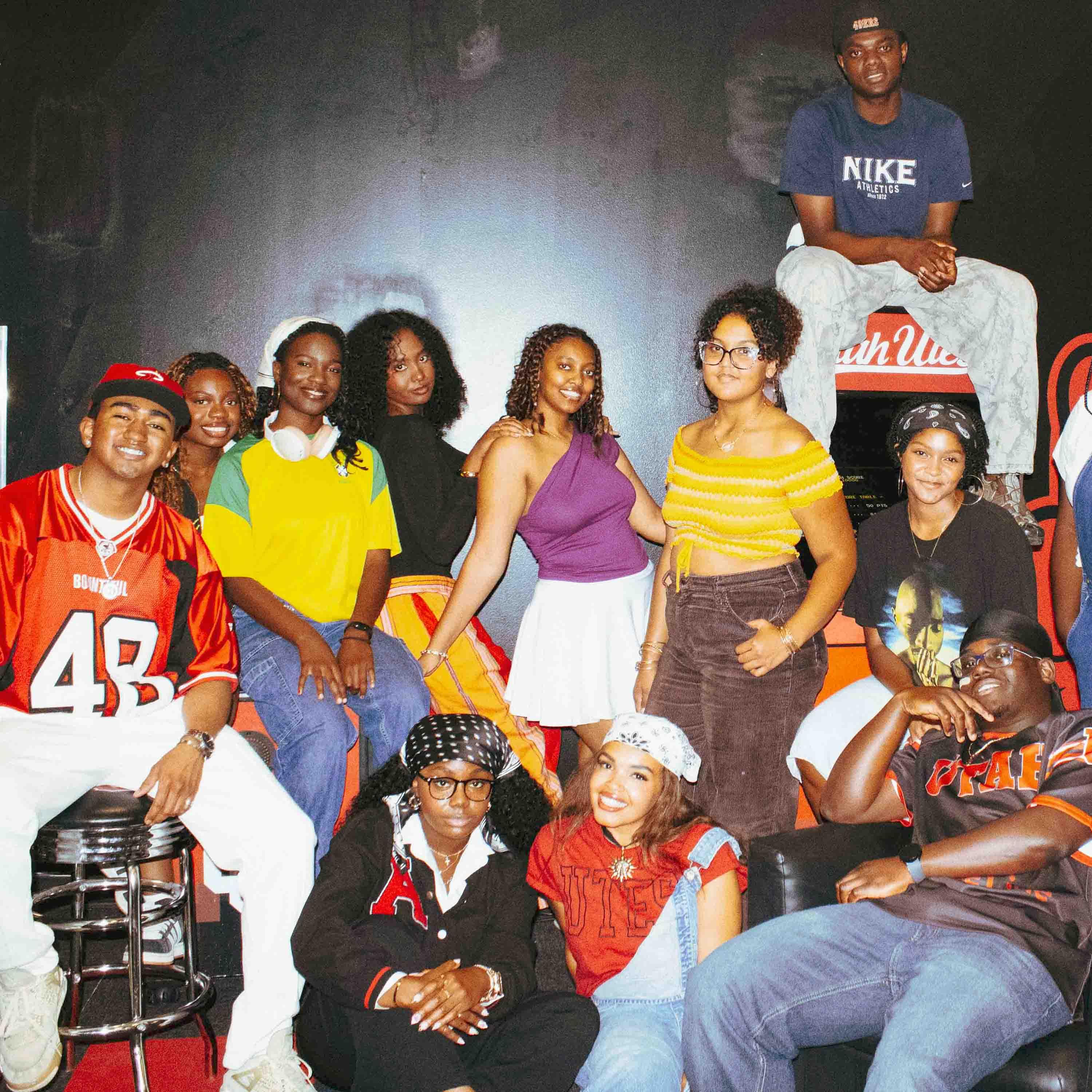 867: College Disorientation
867: College DisorientationConfirmed 3
Things are different on college campuses this year. We see inside the drama, with students and staff.
Visit thisamericanlife.org/lifepartners to sign up for our premium subscription.Prologue: We go to orientation at Arizona State University and meet international students who are trying to make friends. (6 minutes)Act One: The president of the Black Student Union at the University of Utah fights to keep the B in BSU. (30 minutes)Act Two: A definition of antisemitism, canceled classes, and angry professors at Columbia University. (16 minutes)Transcripts are available at thisamericanlife.orgThis American Life privacy policy.Learn more about sponsor message choices.
Expires in 44 hours
Published Sunday
 866: Watch Out for That Tree
866: Watch Out for That TreeSmall human plans that run into much larger obstacles.
Visit thisamericanlife.org/lifepartners to sign up for our premium subscription.Prologue: Angela's dad, an accountant, made a spreadsheet to prepare for their family trip to a national park. But there are things you never think to put in a spreadsheet. (7 minutes)Act One: A young couple, excited to start a new chapter in their lives, is suddenly put on a very different trajectory. (30 minutes)Act Two: A sixteen-year-old plans out a prank, and a complete stranger from Honduras ends up in a million-dollar deal. What could go wrong? (25 minutes)Transcripts are available at thisamericanlife.orgThis American Life privacy policy.Learn more about sponsor message choices.
Published 09/07
 233: Starting From Scratch
233: Starting From ScratchPeople starting over—sometimes because they want to, other times because they have to.
Visit thisamericanlife.org/lifepartners to sign up for our premium subscription.Prologue: Host Ira Glass talks to Jorge Just, who thought he'd started over successfully. He'd moved to New York, found an apartment that everyone told him was a great deal, things were looking good. Then a reality television show visited his building. (8 minutes)Act One: Molly FitzSimons tells the story of her father starting over. After 25 years in the same zip code, as an executive in the same company, he moved to Los Angeles and tried to start over in a new life with a new venture: A cable channel, with no people, no talking, no plots, but lots and lots of puppies. (15 minutes)Act Two: Mary Beth Kirchner documents one day in the life of a hustler named Joe, who wakes up every morning broke, hustles as much as $10,000 during the day and then loses most of it by the time he goes to bed. What it's like to start from scratch every day of your life. (18 minutes)Act Three: Jonathan Goldstein reads a story about the first people to ever start from scratch, a couple named Adam and Eve. (14 minutes)Transcripts are available at thisamericanlife.orgThis American Life privacy policy.Learn more about sponsor message choices.
Published 08/31
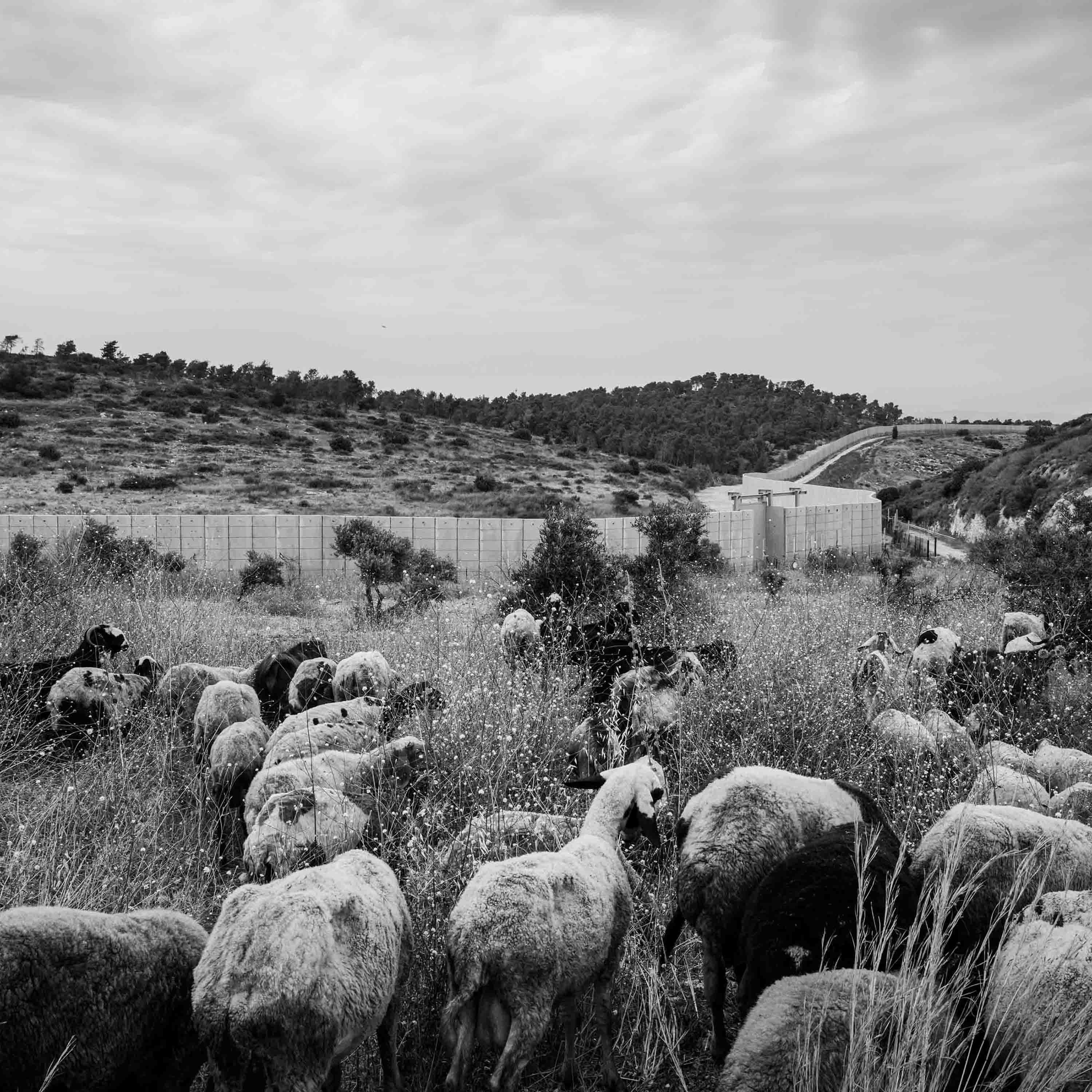 865: The Other Territory
865: The Other TerritorySince October 7th, while the world has focused its attention on Gaza, the Israeli government has tightened the screws on the three million Palestinians in the West Bank in all sorts of dramatic ways. We travel to the West Bank to see these changes in person.
Visit thisamericanlife.org/lifepartners to sign up for our premium subscription.Prologue: Ira joins Hamed on his Monday commute. He has to navigate a constantly changing series of checkpoints and roadblocks to get to work each day. Hamed works for Comet-ME, which sets up solar panels, water systems, and security cameras in small villages all over the West Bank. (13 minutes)Act One: Settler violence has worsened significantly in the West Bank since October 7, 2023. Yael Even Or travels to a tiny village called Tuba, surrounded by Israeli settlements, to meet the 27-year-old resident trying to protect it. (26 minutes)Act 2: Two quick snapshots of life in the West Bank since October 7th. (6 minutes)Act Two: After October 7th, Israeli Minister of Security Itamar Ben-Gvir increased restrictions on Palestinian prisoners in Israeli security prisons. Prisoners started dying. Dana Chivvis looks into one of those deaths. (25 minutes)Transcripts are available at thisamericanlife.orgThis American Life privacy policy.Learn more about sponsor message choices.
Published 08/24
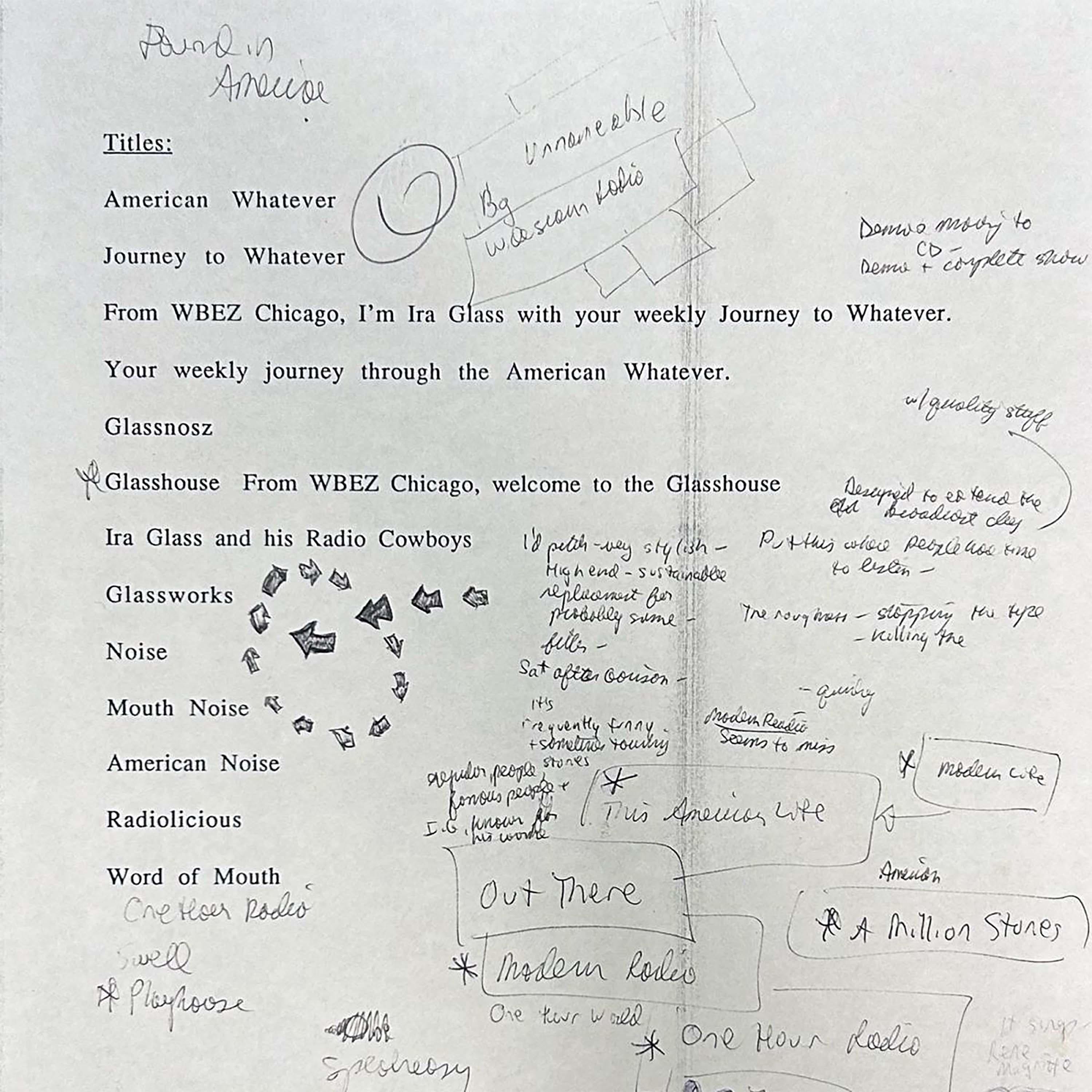 831: Lists!!!
831: Lists!!!How they organize the chaos of the world, for good and for bad.
Prologue: Ira interviews David Wallechinsky, who wrote a wildly popular book in the 1970s called The Book of Lists, full of trivia and research, gathered into lists like "18 Brains" and "What They Weighed." The book sold millions of copies and had four sequels and a brief spin-off TV show. The list books were like the internet, before the internet. (12 minutes)Act One: John Fecile talks to his brother, Pat, about a list their other brother made before he died. They each have different ideas about what the list means and how they feel about it. (14 minutes)Act 2: A brief visit with Bobby, who keeps a list in his phone of all the dogs in his neighborhood and their names to save him from the awkwardness of not knowing the name of someone’s dog – because people get upset if you don’t remember their dog’s name. (3 minutes)Act Two: Reporter M. Gessen talks to Russians living in America and elsewhere about the lists the Russian government has put them on in the last few years. M. Gessen is also on one of these lists. Each list has its own complex rules and potential consequences for the people on the lists and for their family members who live in Russia. (28 minutes)Transcripts are available at thisamericanlife.orgThis American Life privacy policy.Learn more about sponsor message choices.
Published 08/17
 838: Letters! Actual Letters!
838: Letters! Actual Letters!When the best—and perhaps only—way to say something is to write it down.
Visit thisamericanlife.org/lifepartners to sign up for our premium subscription.Prologue: Ira goes out with a letter carrier, ‘Grace,’ as she delivers mail on her route. He learns about the people who bring us our mail and also how people treat their mail. (11 minutes)Act One: Writing a letter decades after an event that shaped her life was the only way that Nicole Piasecki could make some sense of it. (18 minutes)Act Two: Yorkshire, 1866. A farmer overcomes his timidity and writes a very important letter to a local beauty. (3 minutes)Act Three: When senior editor David Kestenbaum was still a rookie reporter, he wrote an email to a legend. Then he waited...and waited...for a reply. (6 minutes)Act Four: A woman writes an unusual letter on behalf of her husband. (1 minute)Act Five: Producer Zoe Chace compares the letters a person gets and the letters they wish they got. (12 minutes)Transcripts are available at thisamericanlife.orgThis American Life privacy policy.Learn more about sponsor message choices.
Published 08/10
 839: Meet Me at the Fair
839: Meet Me at the FairIowa has three million people and a million come to their State Fair, each with their own goals and dreams for the fair. We hang out with some of them, to see if they get what they hoped for.
Visit thisamericanlife.org/lifepartners to sign up for our premium subscription.Prologue: A big bull, a giant slide, and cowboys on horseback shooting balloons are just a few sights you can take in at the Iowa State Fair. Some people come for the spectacle, and some are the spectacle. (8 minutes)Act One: Bailey Leavitt comes from a family of carnies. For her, one of the most thrilling things she looks for at the fair is someone who is really good at luring people into spending money at their stand. She takes Ira on an insider’s search for “an agent.” (16 minutes)Act 2: Motley Crue pledged never to play the fairgrounds. Then they did. We wondered what that had been like for them. They agreed to an interview, but then they flinched. (1 minute)Act Two: What life lessons can kids learn at the 4-H rabbit competition? A lot. (11 minutes)Act Three: The Iowa State Fair awarded coveted slots to just nine new food vendors this year. All of them are run by people who already own restaurants or who’ve done other big fairs. All except for an unlikely newcomer: Biscuit Bar. (19 minutes)Act Four: As the ferris wheel goes dark and the fair is closing down, one game is racing to meet their quota. Ira watches until the end. (3 minutes)Transcripts are available at thisamericanlife.orgThis American Life privacy policy.Learn more about sponsor message choices.
Published 08/03
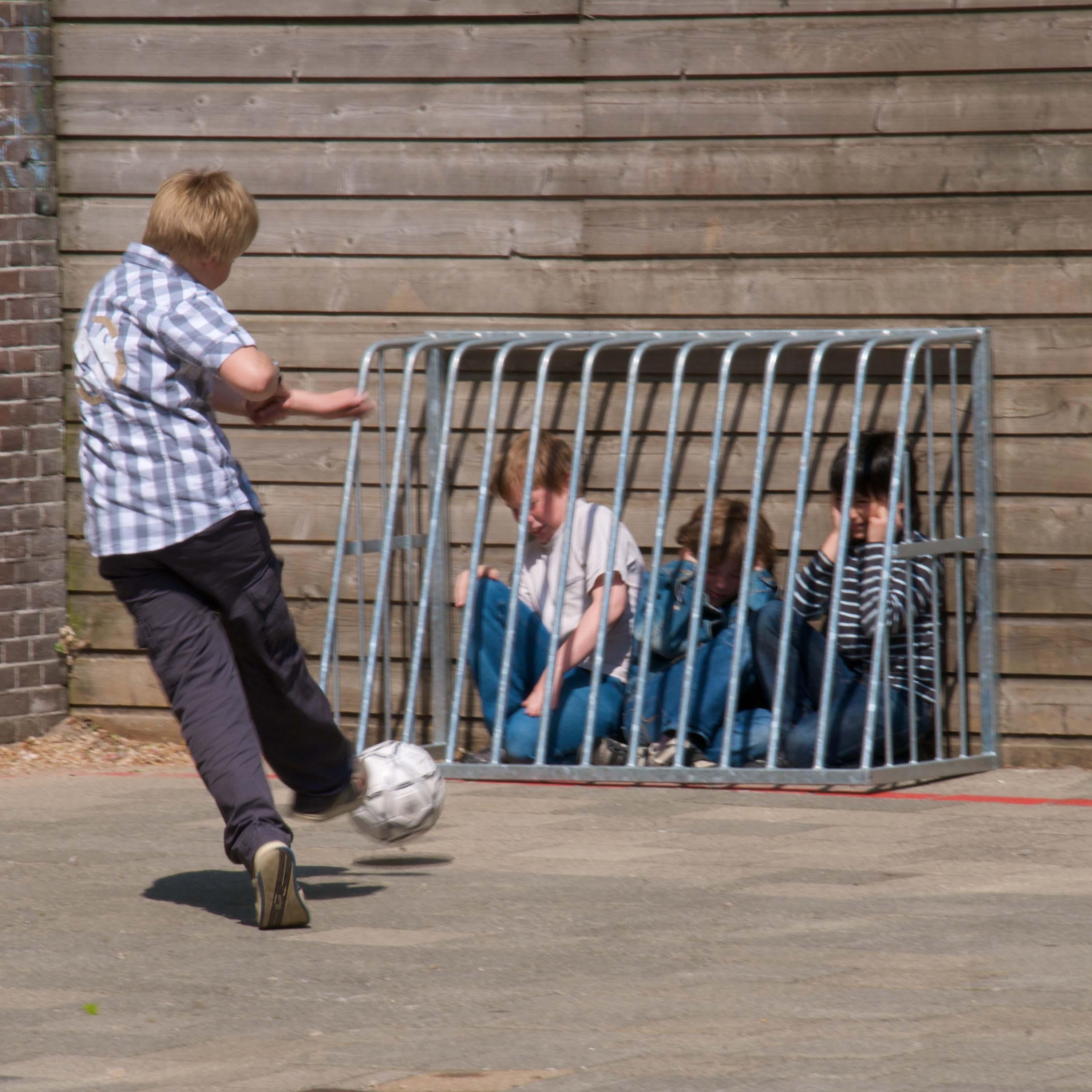 245: Allure of the Mean Friend
245: Allure of the Mean FriendWhat is it about them, our mean friends? They treat us poorly, they don't call us back, they cancel plans at the last minute, and yet we keep coming back for more. Popular bullies exist in business, politics — everywhere. How do they stay so popular?
Visit thisamericanlife.org/lifepartners to sign up for our premium subscription.Prologue: We hear kids recorded at Chicago's Navy Pier and at a public swimming pool discussing their mean friends. And Ira Glass interviews Lillie Allison, 15, about the pretty, popular girls who were her best friends—until they cast her out. (5 minutes)Act One: Jonathan Goldstein interrogates the girls, now grown up, who terrorized him and his classmates years ago in school—and finds they can be just as scary as ever. (18 minutes)Act Two: We conduct an experiment to test whether being nice actually pays by equipping two waitresses with hidden microphones to record their interactions. Each waitress is instructed to be super friendly with half of their tables while remaining aloof with the other half. We then compare the tips to see which approach was more profitable. (10 minutes)Act Three: A case study in every word from a friend meaning its opposite. (4 minutes)Act Four: An excerpt of Bernard Cooper's story about the bill he got from his own father, for the entire cost of his childhood. Actor Josh Hamilton reads. (19 minutes)Transcripts are available at thisamericanlife.orgThis American Life privacy policy.Learn more about sponsor message choices.
Published 07/27
 864: Chicago Hope
864: Chicago HopeThe story of the most commonly performed surgery, and what goes wrong with it – terribly wrong – 100,000 times a year in the United States. We’re excited to bring you the first episode of The Retrievals, Season 2, the new show from longtime This American Life producer and editor Susan Burton. It’s from Serial Productions and The New York Times.
Visit thisamericanlife.org/lifepartners to sign up for our premium subscription.Prologue: Ira Glass introduces the first episode of an inventive new podcast from longtime This American Life producer and editor Susan Burton.Act One: Susan Burton introduces Mindy, a labor and delivery nurse at UI Health at the University of Illinois at Chicago. (5 minutes)Act Two: Another labor and delivery nurse at UI Health, Clara, gets ready to deliver twins at her own hospital and receives an epidural. (19 minutes)Act Three: Clara’s anesthesia is not working. She is now in the middle of major abdominal surgery, and she can feel that surgery. (21 minutes)Act Four: Heather, the head of obstetric anesthesia at UI Health, gets up onstage and asks a ballroom full of hundreds of anesthesiologists to wrestle with the question of why patients are feeling pain during C-sections, and what they can do to solve it. (8 minutes)Transcripts are available at thisamericanlife.orgThis American Life privacy policy.Learn more about sponsor message choices.
Published 07/20
 577: Something Only I Can See
577: Something Only I Can SeeWhen you’re the only one who can see something, sometimes it feels like you’re in on a special secret. The hard part is getting anyone to believe your secret is real. This week, people trying to show others what they see—including a woman with muscular dystrophy who believes she has the same condition as an Olympic athlete.
Visit thisamericanlife.org/lifepartners to sign up for our premium subscription.Prologue: Ira asks Jeff Emtman to do the impossible—describe the indescribable color he sees in his left eye. (5 minutes)Act One: Journalist David Epstein tells the story of Jill Viles, who has muscular dystrophy and can’t walk. But she believes that she somehow has the same condition as one of the best hurdlers in the world, Priscilla Lopes-Schliep. (36 minutes)Act Two: Producer Nancy Updike speaks with comedian Tig Notaro about her mother-in-law, Carol. Carol came up with a joke that is only funny to one person—herself. But she loved it so much, Tig had to have her perform it onstage. (9 minutes)Act Three: Actor Alex Karpovsky reads a short story by Etgar Keret, from his book, “The Bus Driver Who Wanted To Be God." (4 minutes)Transcripts are available at thisamericanlife.orgThis American Life privacy policy.Learn more about sponsor message choices.
Published 07/13
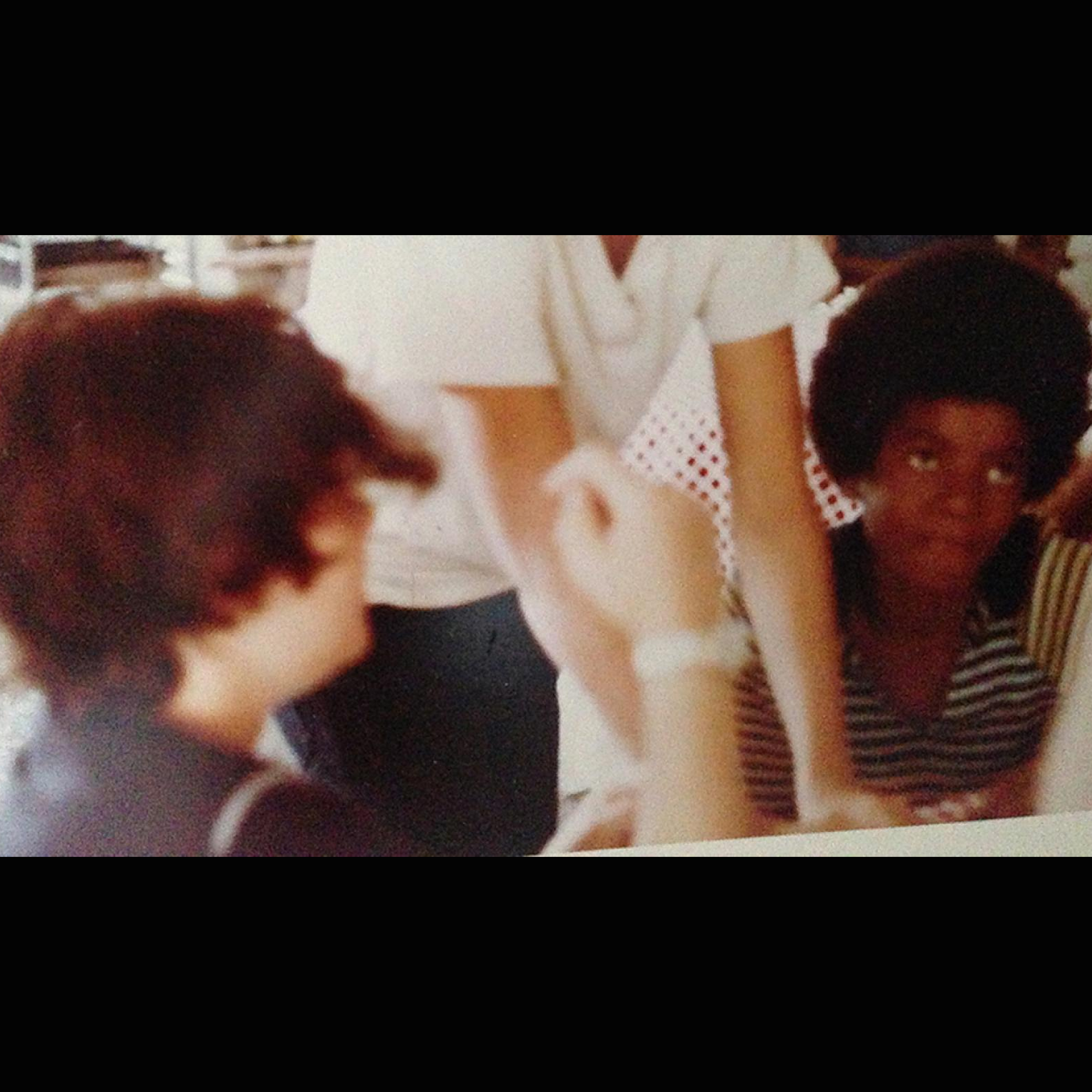 594: My Summer Self
594: My Summer SelfSummer is a time when change seems more possible than ever. But is that really how it happens? Can people actually reinvent themselves in the warmer months? This week, we present stories — and some comedy — about people and their summer selves.
Visit thisamericanlife.org/lifepartners to sign up for our premium subscription.Prologue: Host Ira Glass reflects on his feelings about going to the beach. (3 minutes)Act One: Producer Dana Chivvis explores the case of a 66-year-old working lifeguard who is suing New York State for age discrimination after refusing to wear a Speedo on the job. (16 minutes)Act Two: A troupe of comedians tells personal stories about summer experiences and improvises scenes based on them. (23 minutes)Act Three: Producer Neil Drumming tells the story of his dad and his family’s timeshare in Orlando, Florida. (14 minutes)Transcripts are available at thisamericanlife.orgThis American Life privacy policy.Learn more about sponsor message choices.
Published 07/06
 863: Championship Window
863: Championship WindowPeople on a mission to achieve their goals before their window of opportunity closes.
Visit thisamericanlife.org/lifepartners to sign up for our premium subscription.Prologue: Guest host Emmanuel Dzotsi goes to a packed sports bar in Brooklyn for his favorite soccer team’s biggest game in years. (6 minutes)Act One: Connie Wang tells the story of a championship window she didn't realize she was in — until it was too late. (14 minutes)Act Two: Seth Lind, our Operations Director, isn’t a crier. But he wants to connect with his emotions, so guest host Emmanuel Dzotsi sets up an unconventional experiment. (14 minutes)Act Three: Two college baseball teams with horrible losing streaks — a combined 141 games — are scheduled to play each other. One of them must finally win. (14 minutes)Transcripts are available at thisamericanlife.orgThis American Life privacy policy.Learn more about sponsor message choices.
Published 06/29